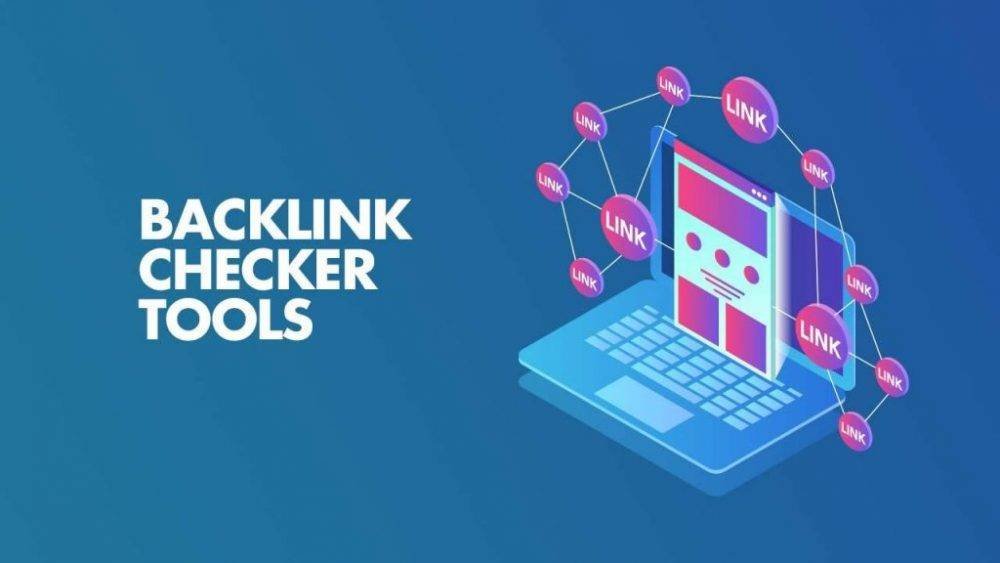A backlink is simply a link from one website to another. In the past, SEOs have used backlinks as a metric to determine the popularity or importance of a website. However, the quality of backlinks has become more important than quantity. Google now penalizes websites that have low-quality backlinks, so it’s important to be careful about who you link to.
The best way to check the quality of your backlinks is with a backlink checker tool. These tools crawl the web and look for links that point to your website. They then analyze these links to determine their quality. The best backlink checker tools will give you insights into your link profile, including which links are helping you and which ones are hurting you. With this information, you can make changes to your link-building strategy to improve your SEO.
What are backlinks?
Backlinks are inbound links to a website or blog. In other words, they are links from another site that point toward your site. They are an important ranking factor for SEO because they show that other websites vouch for your content. The logic is that if other sites link to your content, then your content must be good.
How do you get backlinks?
There are a few ways. The most common is through guest blogging. When you guest blog, you write an article for another site in your industry with a link back to your own site. Another way is through broken link building. This is when you find broken links on other sites and then offer them a replacement link to your own site.
The last way is through infographics. You create an infographic and then reach out to other sites in your industry asking them to share it on their site with a link back to the original source (your site). These are just a few ways to get backlinks, but there are many more.
Why are backlinks important?
Backlinks are one of the major ranking factors for SEO. They help improve your visibility online and increase traffic to your site. The more backlinks you have, the better chance you have of ranking on the first page of Google, and the better chance you have of providing your product or service to a greater number of people.
So now that we know what backlinks are and why they’re important, let’s move on to the next question: Is WordPress better than BlogSpot?
WordPress vs BlogSpot
There are two main types of blogging platforms: WordPress and BlogSpot (also known as Blogger). Both platforms have their pros and cons, but which one is better? Let’s take a look at both platforms in more detail.
WordPress is a self-hosted platform, which means that you need to buy hosting and a domain name from a provider like Bluehost or SiteGround in order to use it. WordPress also has a lot more features and customization options than BlogSpot. However, it can be more expensive because you need to pay for hosting, a domain name, and sometimes themes and plugins as well.
BlogSpot is a free platform from Google. You don’t need to pay for hosting or a domain name because Google provides those for you. All you need is a Gmail account in order to start blogging on BlogSpot. However, because it’s free, there are fewer features and customization options than WordPress.
So which platform is better? It depends on your needs and preferences. If you want a cheaper option with fewer features, then BlogSpot might be right for you. However, if you’re looking for a more robust platform with more features and customization options, then WordPress is probably a better choice.
Is WordPress better than BlogSpot? It depends on your needs and preferences! If you want a cheaper option with fewer features, then BlogSpot might be right for you. However, if you’re looking for a more robust platform with more features and customization options, then WordPress is probably the better choice!
Conclusion:
In conclusion, there is no clear winner in the WordPress vs BlogSpot debate—it really depends on what you’re looking for in a blogging platform. If cost is your main concern, then BlogSpot might be the better option. However, if you want more control over the look and feel of your blog as well as more features and customization options, then WordPress is probably the way to go.


